Wastewater Treatment: Organic Wastewater
 @
@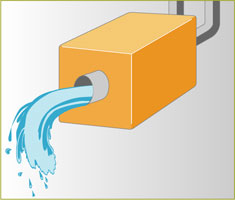 @
@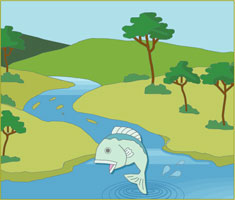
@Verification is performed targeting wastewater treatment technologies (equipment, plants, etc.) for appropriately treating organic wastewater from kitchens, restaurants, food factories, etc., whose discharge amount is less than 50m3 a day. Among them, low-cost, compact, easy maintenance, commercial-ready technologies that can be retrofitted, such as prefabricated types, are targeted in particular. In addition to general wastewater treatment technologies, wastewater treatment technologies to remove particular pollutants, and technologies on sludge are targeted extensively. Wastewater treatment technologies are roughly divided into biological treatment and physical treatment, but combination of them (hybrid) is also included.
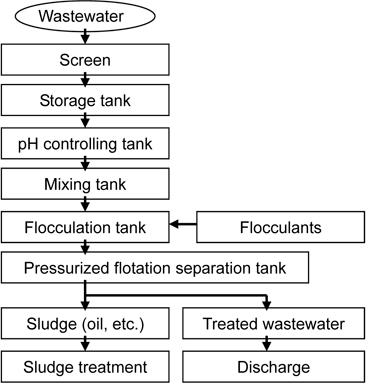
Fig. 1 Example of the flow of organic wastewater treatment
(physicochemical treatment: pressurized flotation separation)
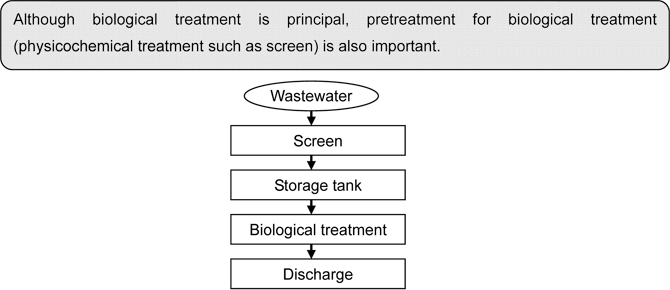
Fig. 2 Example of the flow of organic wastewater treatment
(physicochemical treatment + biological treatment)
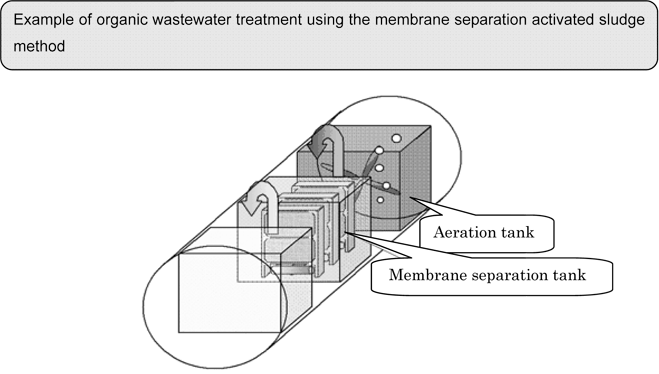
Fig. 3-1 Conceptual drawing of organic wastewater treatment (biological treatment)
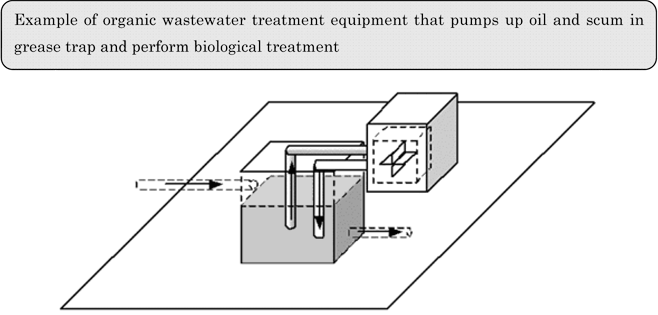
Fig. 3-2 Conceptual drawing of organic wastewater treatment (biological treatment)
About the organic wastewater technical field for small-scale workplaces
- Water quality of water areas in Japan has been improved significantly. However, water quality in closed water areas including inland seas, inner bays, and lakes, as well as small / medium scale rivers in cities, has not been improved yet.
- Therefore, wastewater regulations, etc., based on a law (Water Quality Pollution Control Act) was made for wastewater from factories and workplaces, and certain good results has been attained. However, there are many small-scale workplaces that are not covered by the regulations of the law, such as small restaurants and food-processing factories.
- To improve water quality further, voluntary efforts such as the introduction of low cost, compact, easy maintenance wastewater treatment technologies that can be introduced even in small workplaces are expected.
Reference: What are wastewater regulations?
@Based on the Water Quality Pollution Control Act, discharge standards has been made by the government for wastewater from factories and workplaces having facilities that discharge wastewater into public water areas (defined as gSpecific Facilitiesh in the government ordinance). However, in water areas where pollutant sources are concentrated, it is sometimes difficult to meet environment standards by observing the uniform standards defined by the government. For these water areas, prefectural governments are allowed to define standards in municipal ordinances that are severer than the uniform standards (enhanced standards). If enhanced standards are defined, regulations of the Water Quality Pollution Control Act are applied according to the enhanced standard values. Enhanced standards are defined in each prefecture considering the actual situation of the region.